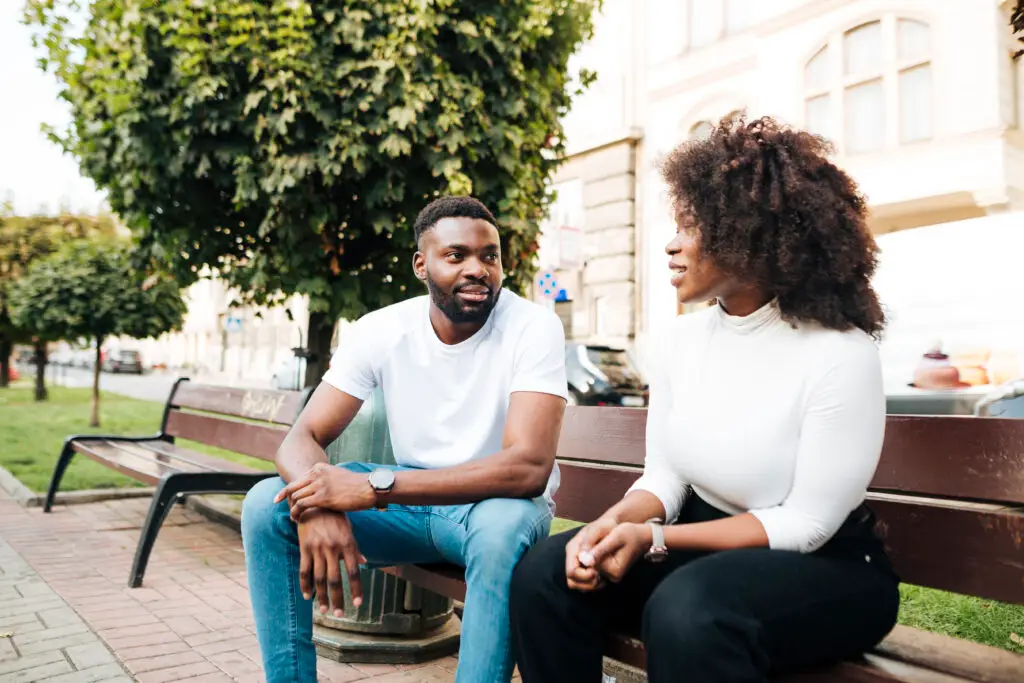Are you looking for a healthy relationship? If so, you’re in the right place. In this blog post, we’ll discuss how to identify and avoid red flags, and how to foster relationships based on respect and support.
We’ll start by defining what a healthy relationship is. Then, we’ll talk about some of the most common red flags to watch out for. Finally, we’ll provide some tips on how to build and maintain healthy relationships.

Photo Credit: Freepik
What is a Healthy Relationship?
A healthy relationship is one that is based on respect, trust, and support. Both partners feel valued and appreciated, and they are able to communicate openly and honestly with each other.
In a healthy relationship, there is no abuse, manipulation, or control. Both partners feel safe and secure in the relationship, and they are able to be themselves without fear of judgment.

Photo Credit: Freepik
Red Flags to Watch Out For
There are a number of red flags that can indicate that a relationship is not healthy. Some of the most common red flags include:
- Controlling behavior: A partner who tries to control your behavior, your friends, or your finances is a red flag.
- Jealousy: A partner who is overly jealous or possessive is a red flag.
- Verbal abuse: Name-calling, insults, and threats are all forms of verbal abuse.
- Physical abuse: Any form of physical violence is a red flag.
- Emotional abuse: Withholding affection, gaslighting, and silent treatment are all forms of emotional abuse.
How to Foster Healthy Relationships
If you want to foster healthy relationships, there are a few things you can do:
- Communicate openly and honestly: Communication is key to any healthy relationship. Be sure to communicate your needs and wants, and be open to hearing your partner’s needs and wants as well.
- Be respectful: Treat your partner with respect, even when you disagree.
- Be supportive: Be there for your partner when they need you, and offer your support.
- Set boundaries: It’s important to set boundaries in your relationships. This means knowing what you’re comfortable with and what you’re not comfortable with.
- Be willing to compromise: No two people are exactly alike, so it’s important to be willing to compromise in your relationships.
Building and maintaining healthy relationships takes time and effort. However, it’s worth it in the end. Healthy relationships can bring us happiness, fulfillment, and support.
If you’re looking for a healthy relationship, remember to watch out for red flags. And, be sure to communicate openly and honestly, be respectful, be supportive, set boundaries, and be willing to compromise.





